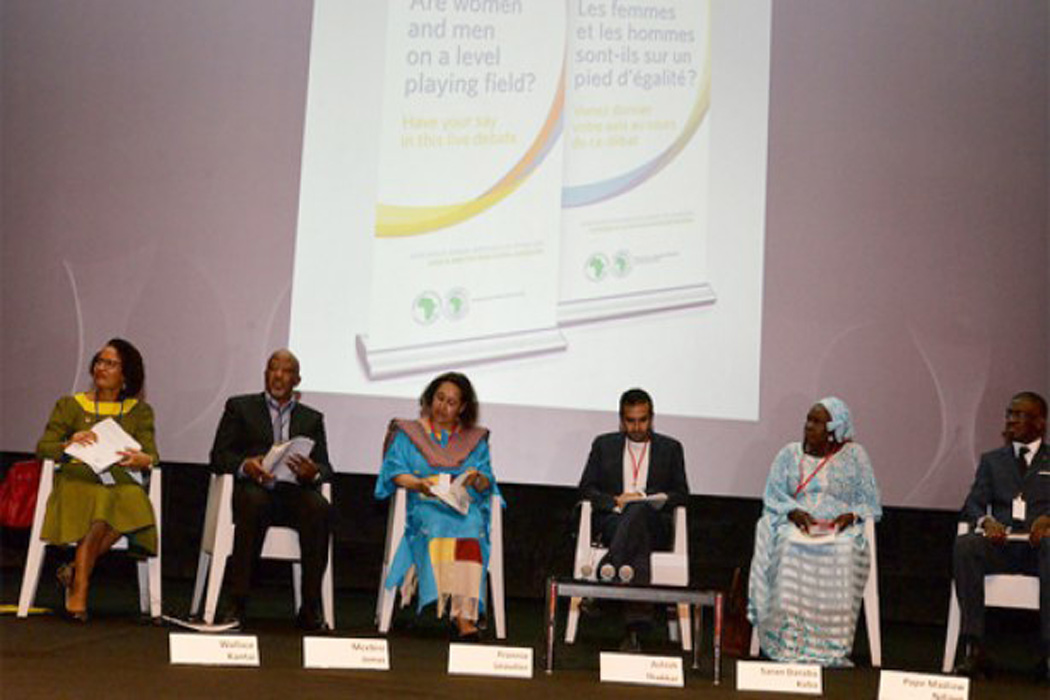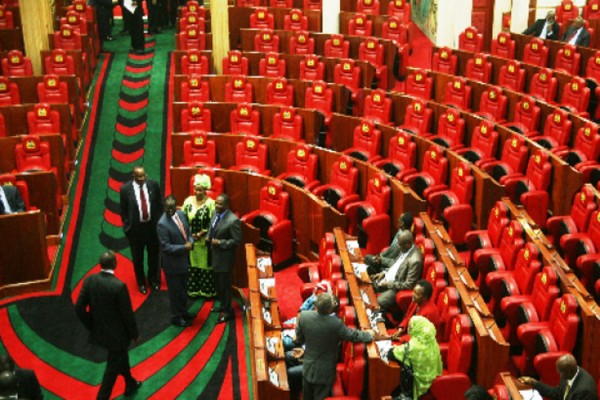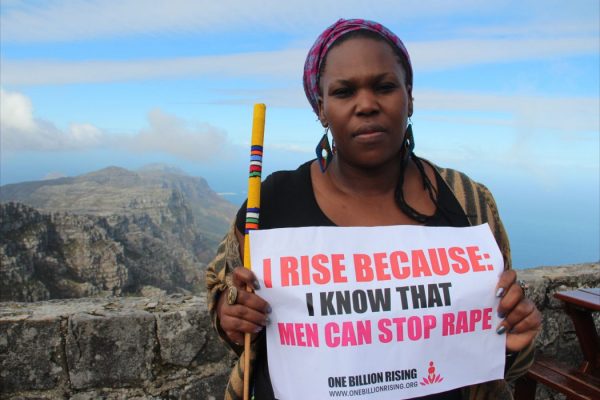Are women and men on a level playing field? That was the question of debate on Monday, May 25 as the African Development Bank (AfDB) unveiled its first-ever Gender Equality Index for Africa in Abidjan, on Day 1 of the Bank’s 50th Annual Meetings.
The index, titled the Empowering African Women: An Agenda for Action, was launched as part of the opening events at the week-long AfDB meetings, in a session called “Gender Equality: Where are we?”
Geraldine Fraser-Moleketi, AfDB’s Special Envoy on Gender, said at the index’s unveiling ceremony that it’s expected to provide African governments with a benchmark to evaluate the effectiveness of their policies to advance gender equality.
The index, which covers 52 of Africa’s 54 countries, examines the role of women as producers, in human development, as active citizens and leaders and also provides maps for each area.
Its launch comes at a time when women’s empowerment is on the top of the African agenda with the African Union having declared 2015 the year of Women’s Empowerment and Progress towards Agenda 2063, to optimize resources to the benefit of all Africans.
In a brief comment about the index, AfDB President Donald Kaberuka said the Bank has decided to be at the forefront of gender equality efforts: and for this reason the position of Special Envoy on Gender was created.
“At the time of creating the position, the AfDB was great at so many things, but falling short on many others. By creating the position of Special Envoy on Gender, it was a signal that the subject meant a great deal to the Bank’s business and I hope my successor will continue with this trend,” he said.
The index lauds African countries such as Rwanda, which, with 64 percent female representation in public service, including Parliament, has the best gender representation globally, a feat that the AfDB encourages other African countries to emulate.
During a high-level panel to discuss the new index, Frannie Leautier, CEO of the Mkoba Private Equity Fund in Tanzania, said men and boys have a great role to play in ensuring inclusivity for women and girls.

“Without good gender policies in place, women can still make it, but they would have to grow muscles to navigate in the unlevel playing field and I hope stories of successful women can help inspire other women to make it,” said Leautier.
Also on the panel was Ashish Thakkar, founder of Mara Group and Mara Foundation, who said that there’s a need to celebrate more successful women who have made it in spite of the current challenges in many countries in Africa.
Thakkar said, at Mara, the organization has a gender inclusive approach in choosing which start-up entrepreneurs to work with although he said women applicants are still few.
“Out of the over 500 young entrepreneurs we are currently working with, only about 30 percent of them are women. The figure is low. We still have to do a lot to encourage young women that they can make it,” he said.
Saran Daraba Kaba, Executive Secretary of Mano River Union based in Sierra Leone, said helping women achieve higher success should start with enabling them to attain basic level education to set their foundation for bigger achievements.
Members of the panel agreed that African governments must work towards achieving inclusive growth that leaves no one behind including women.
However, the AfDB’s Special Envoy on Gender, Fraser-Moleketi, also challenged women and girls to stand up and claim their rights and space.
“Women must make an effort to claim the space and fill the space because what men can do, they can do too,” she said.




